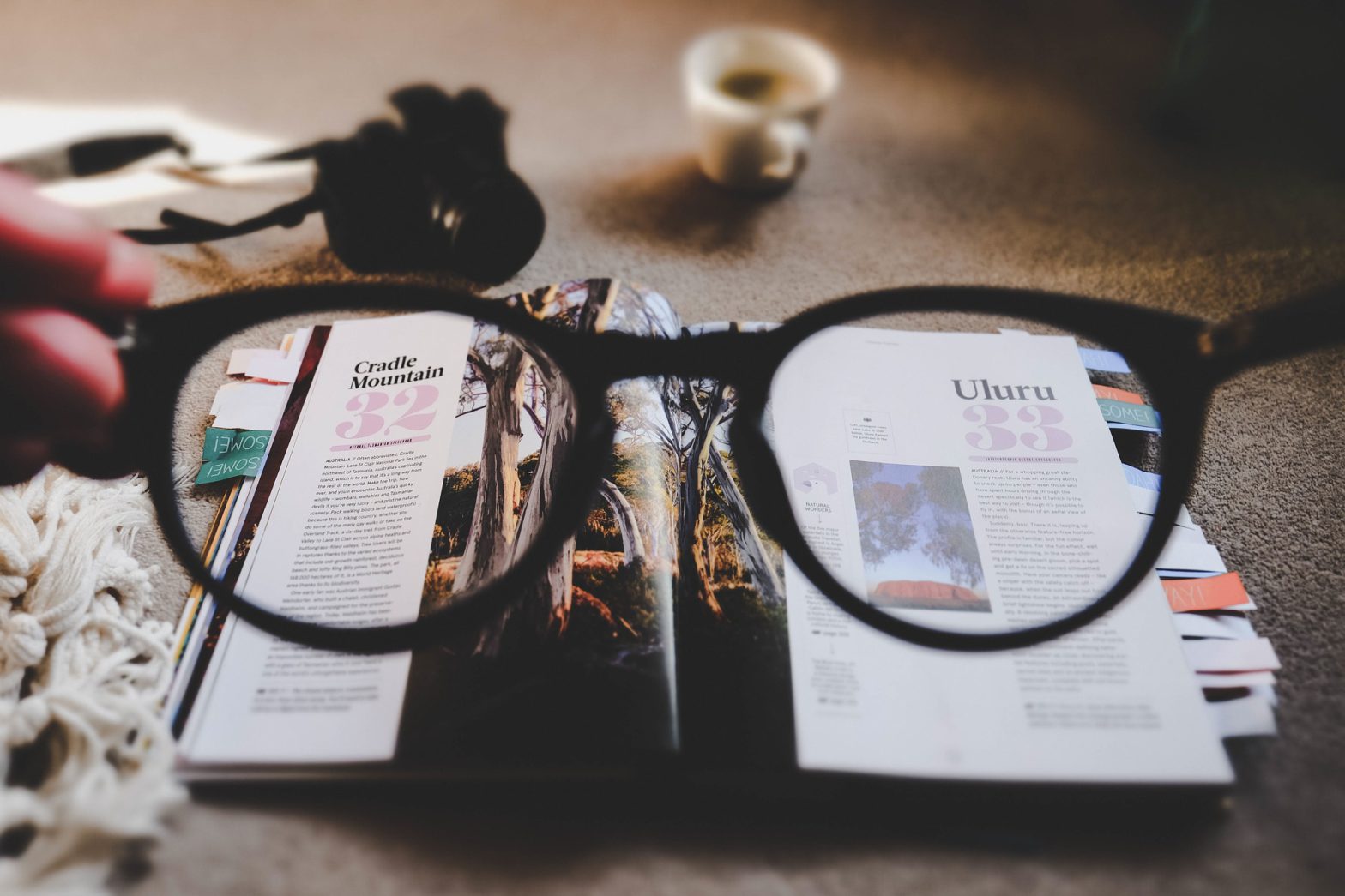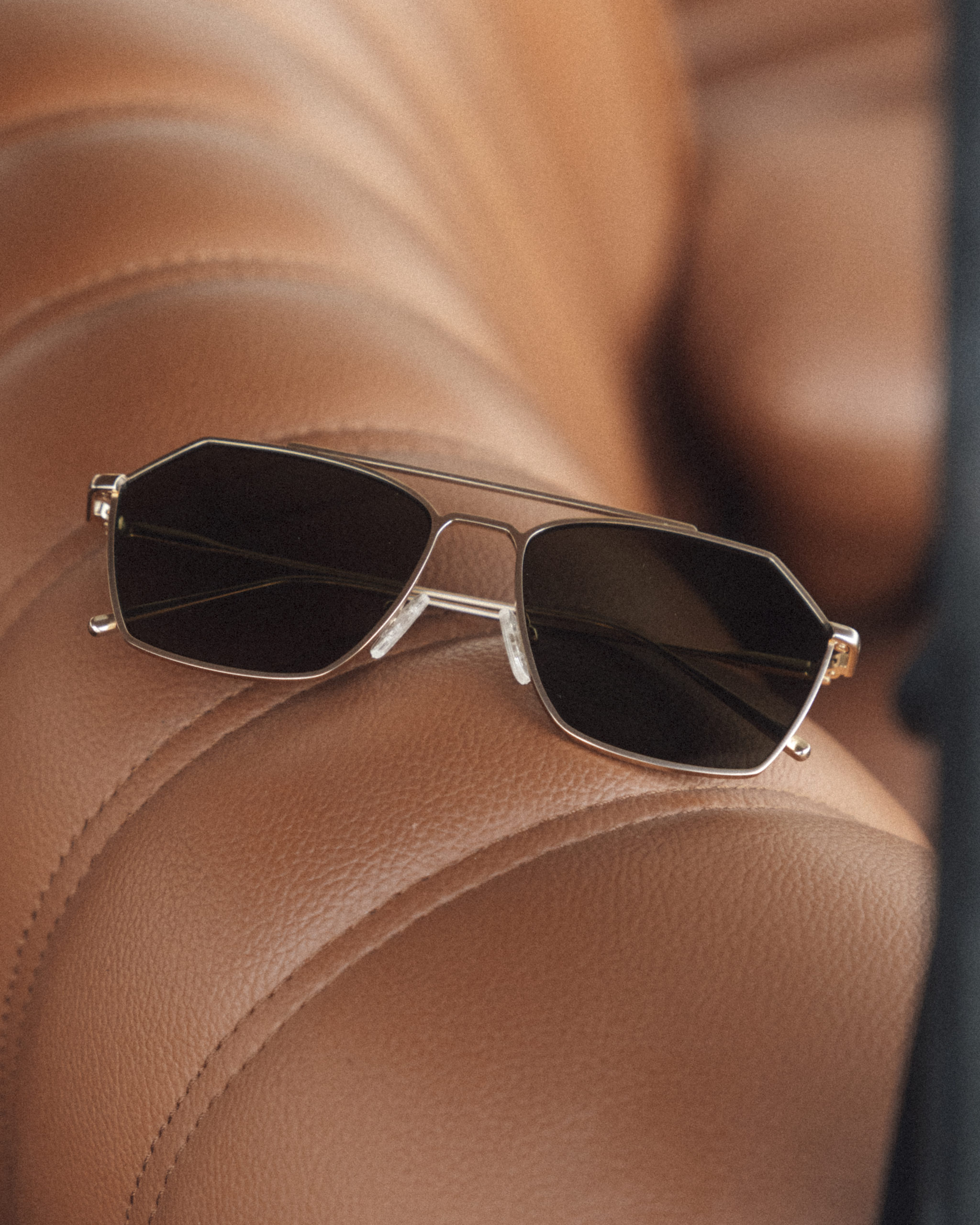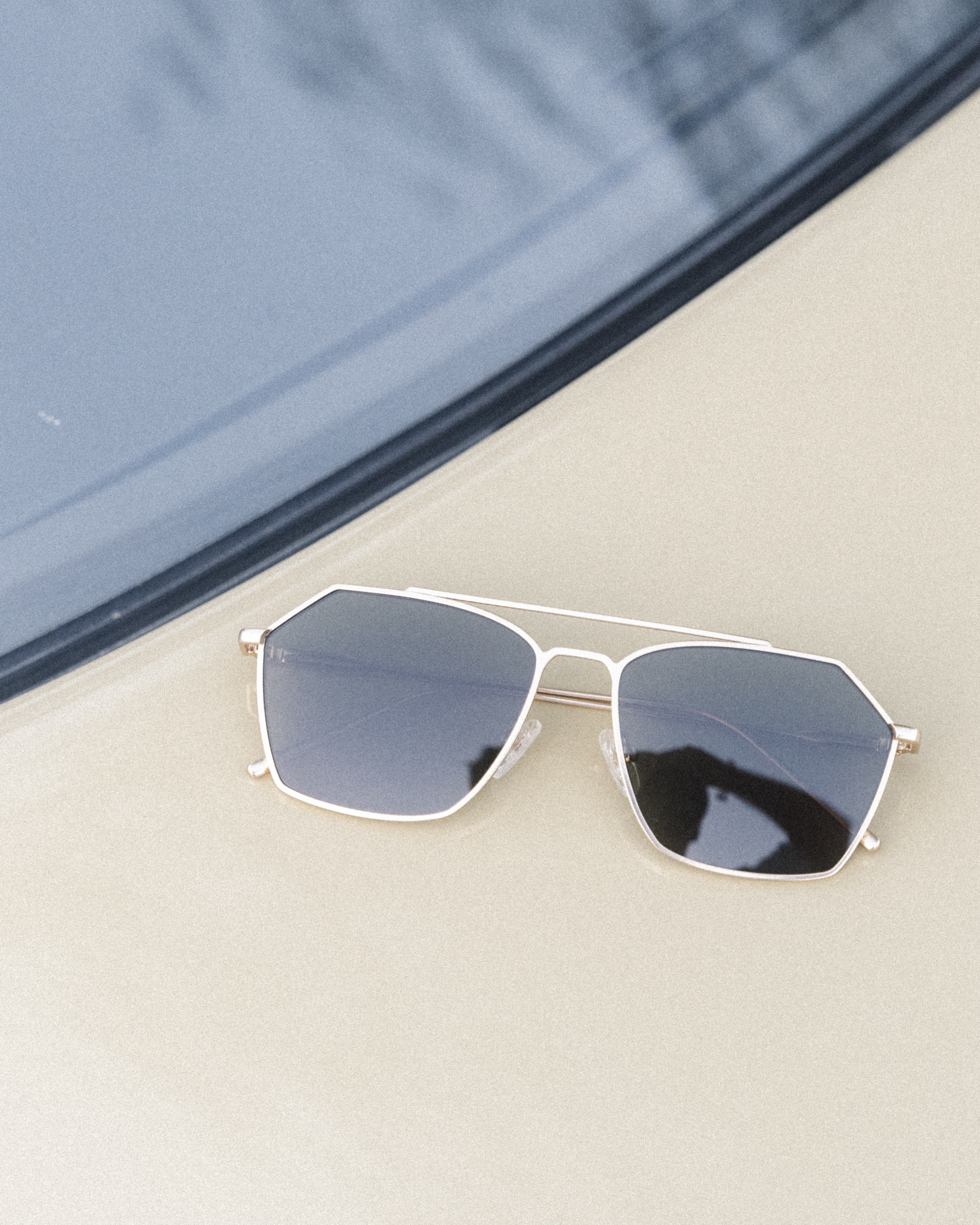Clear Vision, Clean Glasses: The Best Practices for Cleaning Your Eyeglasses
Are your eyeglasses dirty? Smudged or dusty? These are perennial problems for anyone who wears vision-correcting spectacles.
But fear not, for in this comprehensive guide, we have gathered the tips and expertise needed to tackle these nuisances head-on. Say goodbye to the frustration of compromised vision and hello to a world of pristine clarity.
Today we will unveil the best practices for cleaning your eyeglasses, taking into account the nuances of different lens materials and frame types. From cleaning lens coatings to durable frames, each element requires a tailored approach to ensure they shine like new.
Let’s find out how to clean your glasses.
 Hand holding eyeglasses (J1_Set12469)
Hand holding eyeglasses (J1_Set12469)
Why You Should Clean Your Glasses Regularly
Regular glasses maintenance is essential for several compelling reasons that impact both your vision and overall eye health. Here are some examples:
Clear Vision
Regular cleaning removes smudges, fingerprints, and debris from your lenses, ensuring clear and unobstructed vision. Clean glasses enhance visual acuity, allowing you to see the world with precision and clarity.
Eye Comfort
Dirty or smudged glasses can cause eye strain and discomfort. Regular cleaning eliminates distractions and reduces the need to strain your eyes, leading to a more comfortable visual experience.
Preserving Lens Quality
Dust, dirt, and oils can gradually degrade the quality of your lenses, affecting their optical performance. Regular cleaning helps preserve the integrity of your lenses, ensuring they maintain their original clarity and effectiveness.
Preventing Eye Infections
Unclean glasses can harbor bacteria, allergens, and irritants that may come into contact with your eyes. Regularly cleaning your glasses helps reduce the risk of eye infections and irritation, promoting better eye health.
Longevity of Frames
Regular maintenance not only benefits your lenses but also extends the life of your eyeglass frames. Cleaning removes sweat, dirt, and oils that can cause corrosion or damage, preserving the structural integrity of the frames.
Unveiling Your Style
Clean glasses enhance your appearance and boost your confidence. Smudge-free lenses complement your overall look and reflect a sense of care and attention to detail.
Maximizing Prescription Benefits
If you have prescription glasses, maintaining clean lenses ensures you get the most out of your vision correction. A clear lens surface optimizes the performance of your prescription, providing the precise correction needed for your eyes.
Enhancing Light Transmission
Dirty lenses can reduce light transmission, making it harder to see clearly, especially in low-light conditions. Regular cleaning ensures optimal light transmission, improving visibility in all lighting situations.
 Eyeglasses close-up (EYE00439-3)
Eyeglasses close-up (EYE00439-3)
How to Clean Your Glasses the Right Way
While there are scattered eyeglasses cleaning tips all over the internet, it’s hard to find a detailed, step-by-step guide for cleaning glasses. To solve the problem, we’ve created a complete guide to clean your glasses the right way. Just follow these steps:
Wash Your Hands
Washing your hands with mild soap and water prevents transferring dirt, oils, or harmful substances from your hands to the lenses and frames.
Rinse with Lukewarm Water
Hold your glasses beneath a stream of lukewarm water. This will help to get rid of debris. Avoid hot water. It can cause damage to lens coatings or certain frame materials.
Apply a Tiny Drop of Dish Soap
Place a tiny drop of gentle dish soap (free from lotion or moisturizers) on each lens. Alternatively, you can use specialized eyeglass cleaning solutions, which are designed for safe and effective cleaning.
Rub the Lenses Gently
Using your fingertips, smoothly rub both sides of each lens with soap. Be cautious not to exert excessive pressure, as this can scratch the lenses or damage the coatings.
Clean the Nose Pads and Frame
Pay attention to the nose pads and frame, as they can accumulate sweat and oils. Clean them with the same soapy water using a soft brush or cloth.
Rinse Thoroughly
Under lukewarm water, rinse the glasses again to remove all soap residues. Ensure there are no soapy streaks left on the lenses.
Shake Excess Water Off
Remove excess water by gently shaking the glasses. Avoid using a towel at this stage, as some towels can be abrasive and cause scratches.
Dry with a Clean, Lint-Free Microfiber Cloth
Using a clean, soft, and lint-free microfiber cloth, gently pat dry the lenses and frames. Microfiber is ideal for glasses as it absorbs water without scratching the surfaces.
Inspect for Smudges
Hold the glasses up to the light and inspect for any remaining smudges or streaks. If you notice any, repeat the cleaning process, focusing on the affected areas.
Cleaning glasses without streaks means effectively removing all smudges, dirt, and debris from the lenses and frames without leaving any visible streaks or marks behind. When glasses are cleaned correctly, the lenses should be crystal-clear and free from any cloudiness, streaks, or residue that might hinder clear vision. Following these tips will help you achieve that result.
 Woman’s hands holding eyeglasses (EYEWA1656)
Woman’s hands holding eyeglasses (EYEWA1656)
Common Mistakes When Cleaning Glasses
Cleaning glasses may seem straightforward, but several common mistakes can lead to damage or hinder the effectiveness of the cleaning process. Some of the most prevalent mistakes include:
Using Clothing or Shirttails
Wiping glasses with clothing, such as shirts or ties, may contain abrasive materials or debris that can scratch the lenses or leave streaks.
Breathing on Lenses
Breathing on lenses to fog them up before cleaning can introduce moisture and oils, making it harder to achieve a streak-free finish.
Cleaning with Dirty Hands
Cleaning glasses with dirty hands can transfer oils, dirt, and bacteria to the lenses, requiring more cleaning and potentially causing damage.
Skipping Rinse Step
Failing to rinse the glasses thoroughly after applying soap can leave behind soapy streaks or residue.
Rubbing Too Hard
Applying excessive pressure while cleaning can scratch the lenses, especially if there is dirt or debris on the surface.
Cleaning When Dry
Cleaning dry lenses can lead to scratches, as loose debris can cause friction when wiped.
Using Unapproved Solutions
Using alcohol, bleach, or other strong chemicals for cleaning can harm lens coatings and frames.
Ignoring Microfiber Cloth Care
Using a dirty or worn-out microfiber cloth can lead to ineffective cleaning and potentially introduce debris to the lenses.
 Man wearing eyeglasses (SummerSale_7943 (1))
Man wearing eyeglasses (SummerSale_7943 (1))
Caring for Special Lens Coatings
When cleaning glasses with coatings: avoid harsh chemicals, ammonia, and alcohol. Use a soft, clean microfiber cloth, and rinse under lukewarm water before wiping. For anti-reflective coatings, be gentle to prevent scratches. Handle photochromic and hydrophobic coatings carefully, and avoid hot water. For scratch-resistant and mirror coatings, use mild solutions and avoid rubbing too hard.
When in doubt, consult an optician for guidance. Proper care ensures coating longevity and optimal performance of your glasses.
 Woman wearing eyeglasses
Woman wearing eyeglasses
Conclusion
Regular and proper glasses cleaning is essential for maintaining optimal vision and eye health. Proper cleaning ensures clear vision by removing smudges, dirt, and debris that can obstruct the lenses.
At the same time, using the wrong methods to clean your glasses can lead to scratches and smudges that obstruct your vision. So remember these tips the next time you want to clean your glasses to get crystal-clear vision.
Elevate your eyewear game with the latest sunglasses, eyeglasses, and contact lenses from Eyewa, and gift yourself crystal clear vision and healthy eyes.




